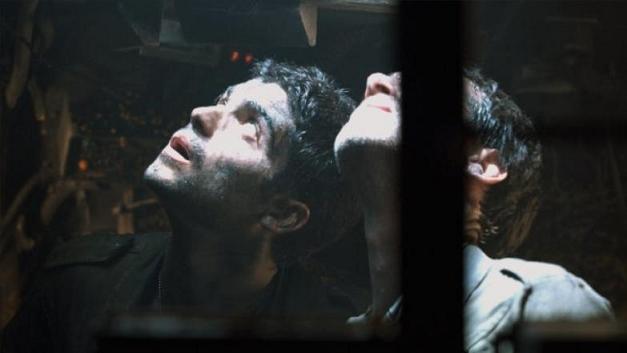
Ariel Films/Arsam International, © 2010 Sony Pictures Classics
 |
| Photo
© 2009 Metro Communications/Paralite Productions/ Ariel Films/Arsam International, © 2010 Sony Pictures Classics |
| VOR: | (4) (What is this?) |
| Awards: | |
| Venice Film Festival: Golden Lion (Best Picture) | |
| European Film Awards: Best Cinematography (Giora Bejach) | |
| Permalink | Home | 2010 | ABC | Blog |